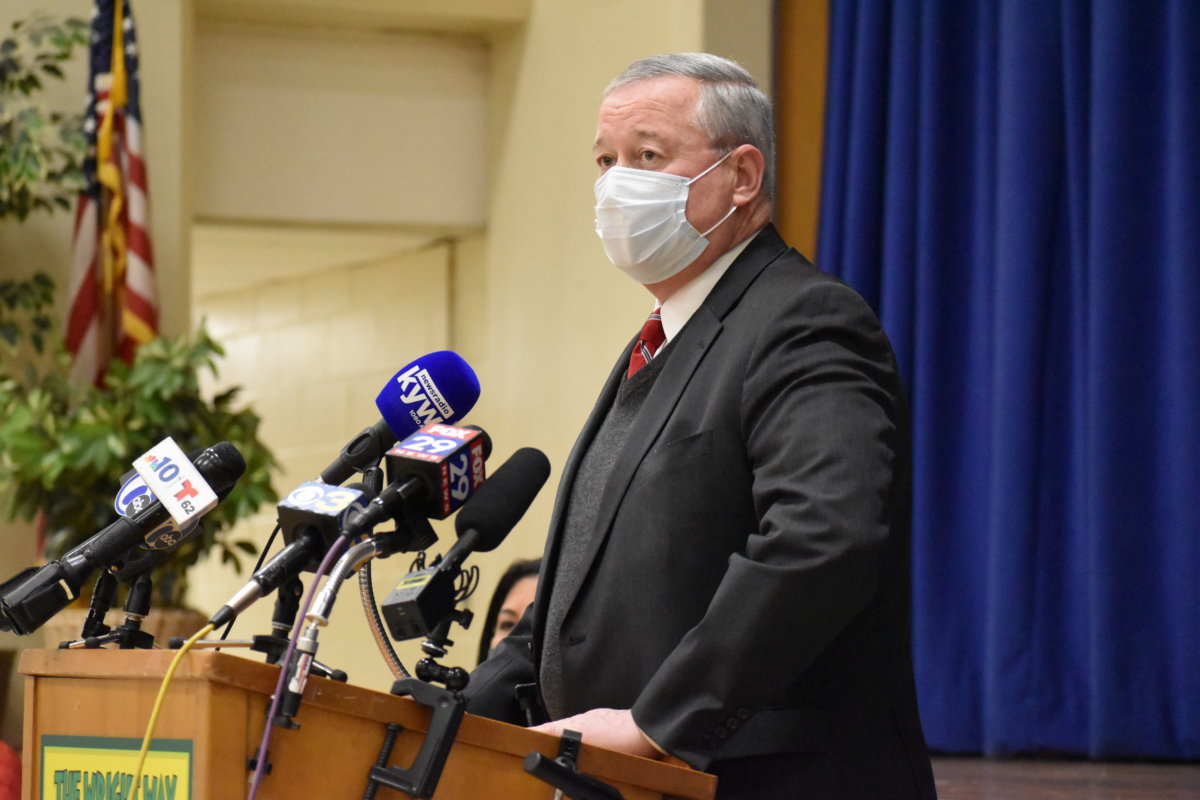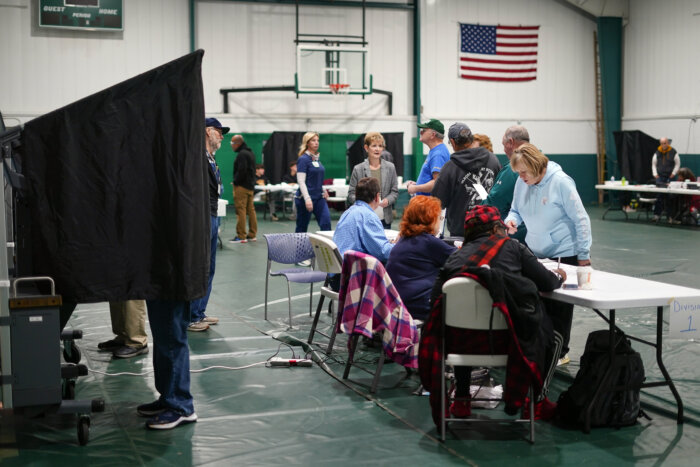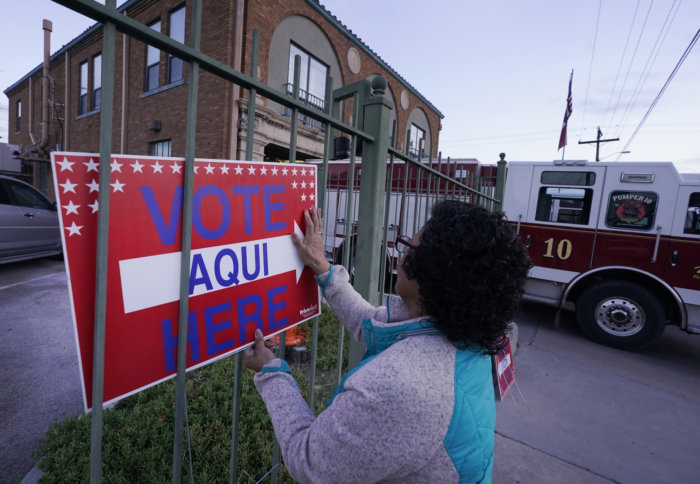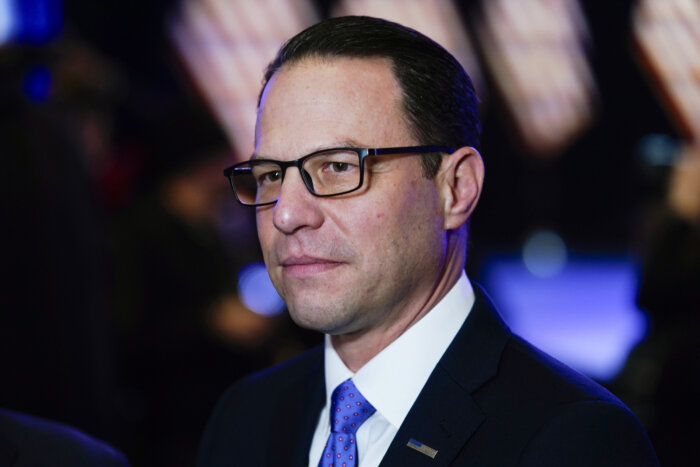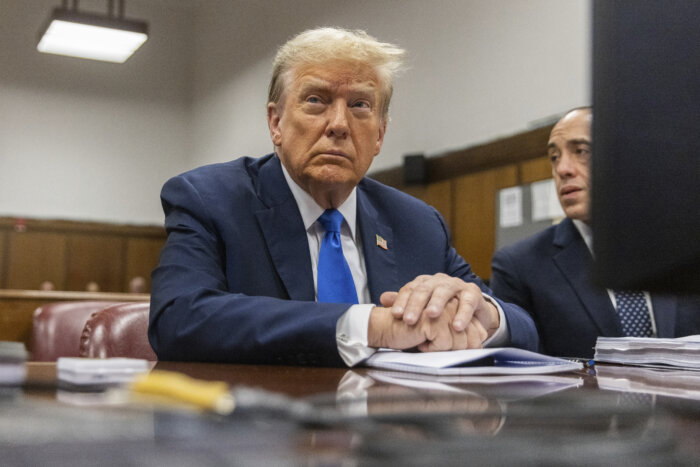Knowledge is power, and the best way to gain knowledge on the City of Philadelphia is to go right to the top. Every month, Metro will ask Mayor Jim Kenney questions pertaining to what is currently happening in the City of Brotherly Love—to get answers, give residents peace of mind and give each of us the power of being informed. This month, the column is continuing to focus on questions pertaining to the coronavirus pandemic, the budget and beyond.
What should Philadelphians who have not received the vaccine yet do to prepare to get one in the coming weeks/months?
The Philadelphia Department of Public Health launched a form to help Philadelphians express their interest in receiving a COVID-19 vaccine. These forms are not for registering for an appointment, but will tell the Health Department how to reach you when you are eligible and vaccine is available for you. Members of the public are encouraged to register at phila.gov/vaccineinterest which is available in English, Spanish, Chinese, Vietnamese, and French. Individuals who do not have access to the internet can contact Philly311 (dial 3-1-1) for help completing the form.
You recently released the Philadelphia’s Transit Plan—A Vision for 2045—along with other city officials and Septa. Why is this plan necessary, what are the benefits for the city overall?
A city connected by transit is central to Philadelphia and the region’s economy and an equitable recovery from the impacts of COVID-19. The Philadelphia Transit Plan is an opportunity for the City to support ongoing efforts to improve transit while setting a vision for how transit fits into the renewal, recovery, and reimagining of Philadelphia in the years ahead.
While use of transit is down today, Philadelphia needs a functional transit system to address the systemic racial disparities among our residents, make real progress in reducing greenhouse gas emissions, and keep Philadelphians moving to jobs and schools in an inclusive manner as we recover from the current economic crisis. This is a bold, transformational roadmap that provides long-term solutions while addressing immediate and relevant needs through policy and infrastructure recommendations we can start to put in place now. This work will be critical for people of color who greatly use the bus network, as do young people, seniors, people with disabilities, and households in poverty.
In April, you will propose a budget to City Council for the coming year. You released a survey for Philadelphians to partake in regarding the budget. What do you want people to know about the budget and what to expect?
We are facing another tough year when it comes to developing the FY22 budget, with the potential for a $450 million budget gap. Philadelphian are more in need now than ever before, and before the city finishes drafting the budget, we wanted to hear from residents about how the city should focus its spending. The survey was circulated widely on our social media accounts and through various community partners, and it just closed at the end of February. Staff in our Budget Office will consider the feedback from this survey as they work on the upcoming budget.
Philadelphia restaurants are now open for 50% capacity if they have specific ventilation systems. What is the timeline for being able to allow more percentages in?
We’re pleased that we’ve worked with members of the restaurant community to hear their concerns and allow restaurants to increase to 50% capacity if they meet certain ventilation standards that can prevent the spread of COVID-19. We don’t have a timeline for increasing higher than 50% because the pandemic continues to be unpredictable, but we are among only a handful of large cities that have gone up to 50%.



